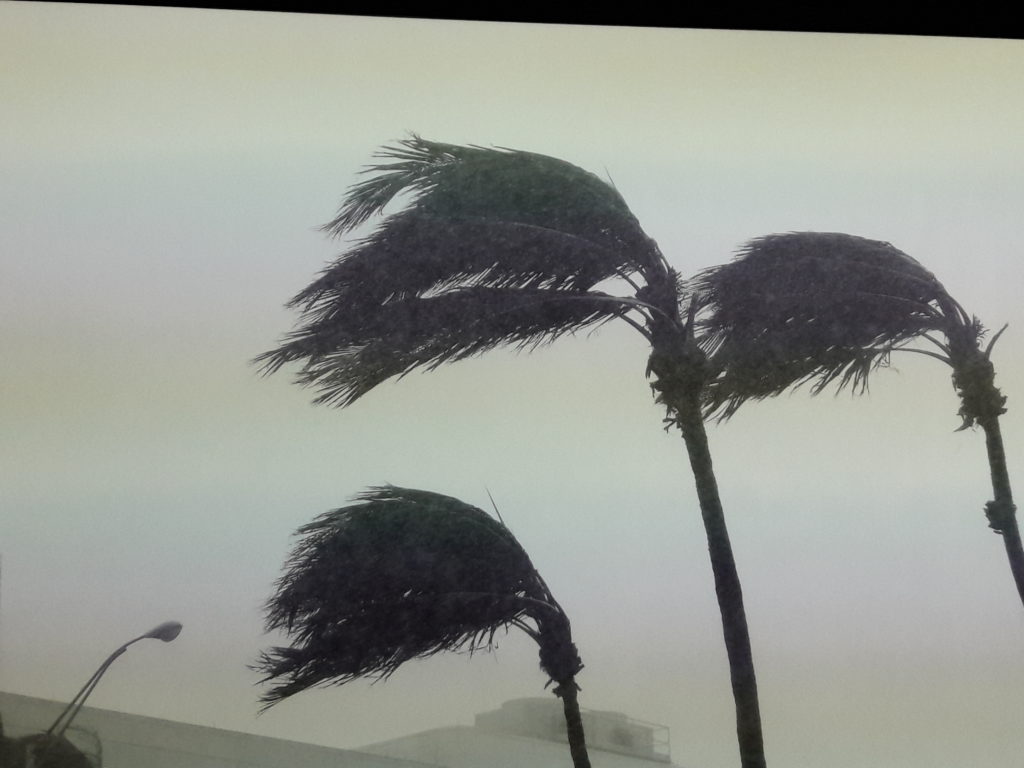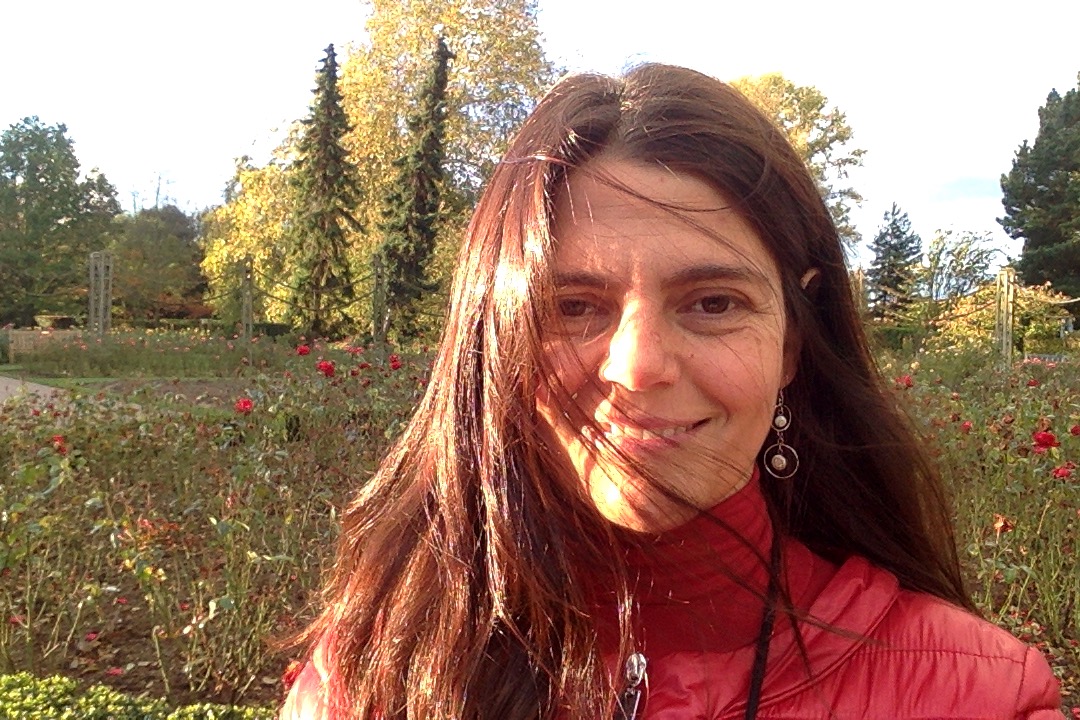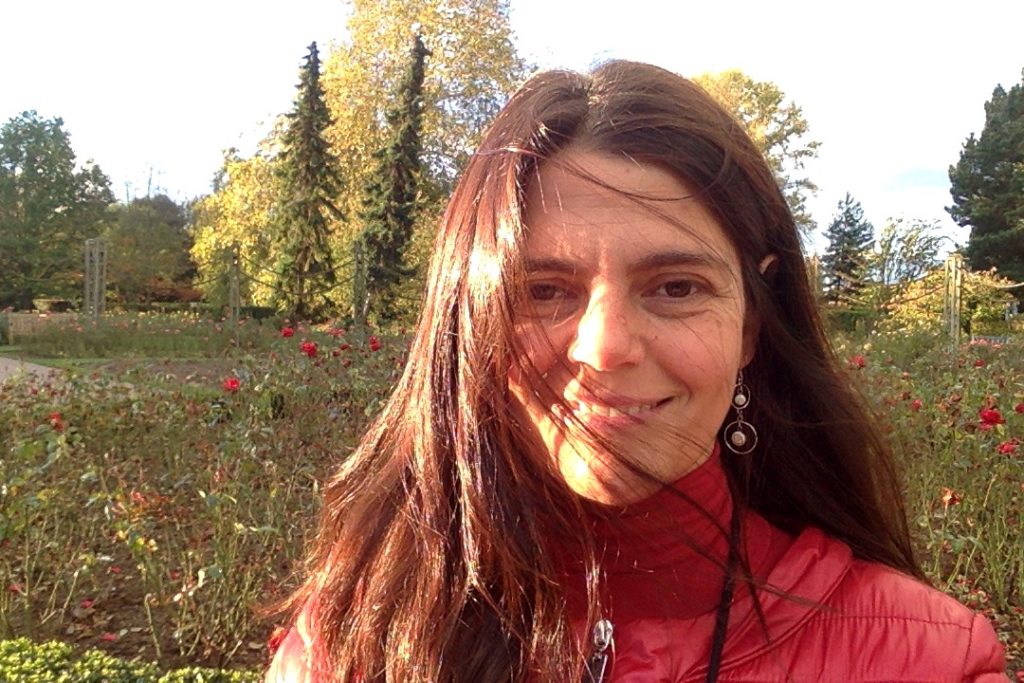
Whenever someone says that we have to protect nature, they are at the very least guilty of committing a sin of lexical rigor. Nature knows how to take care of itself just fine. If anything, nature makes the world what it is and we are the ones who should be asking for protection, sustenance, inspiration, help, enlightenment, and forgiveness. We are the ones who today must witness the horrific effects of our avarice and greed, our stupidity and blindness, and our desire to repair things is not for those things in themselves, but for ourselves.
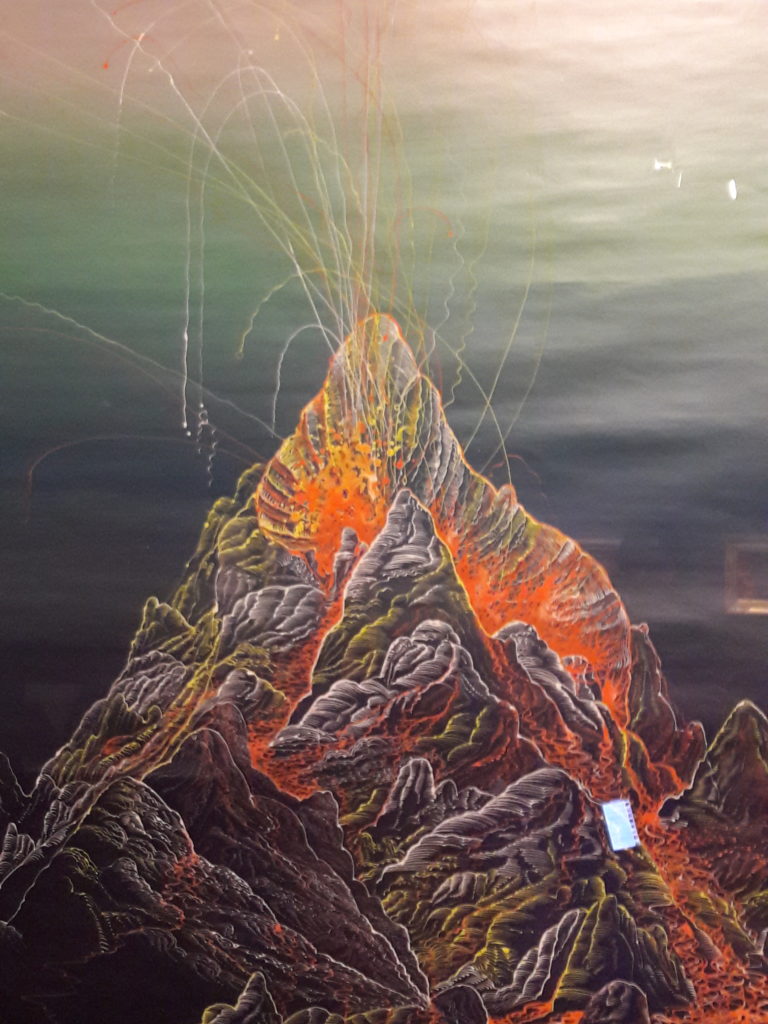
As far as we are concerned, however, nature is for the most part rather indifferent. Not only through having her volcanoes erupt and her rivers overflow, through swallowing us without warning in both calm and rough seas, through spitting dead fish and plastic back at us, through pitilessly shaking buildings and people off her back, or through the suffering and death of her many animal and vegetable species, but in displaying all of her beauty as well, over and over again she proves that she is the master, even if at times a martyr, and we are simply her slaves.
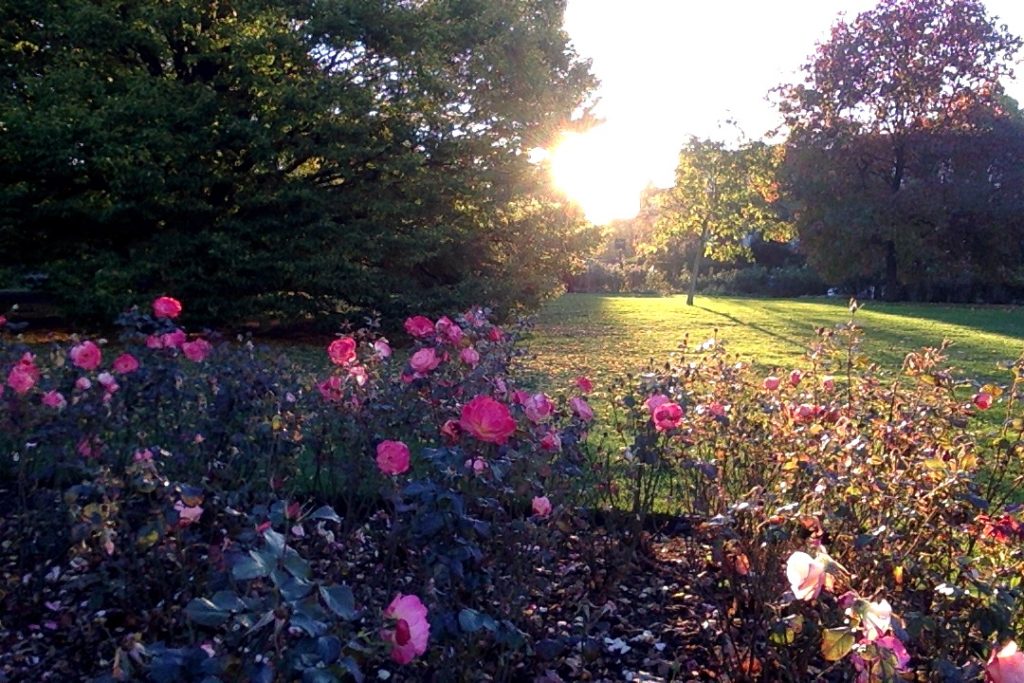
Yesterday I was sitting on a bench in the rose garden dedicated to Queen Mary in Regent’s Park, enjoying the lovely perfume of the roses and their colors against the backdrop of a gorgeous autumn sunset. But collecting 12,000 roses of more than 80 varieties, planting them and caring for them in the center of London is not a gift to nature or the Queen, it is simply a case of humanity giving homage to itself. A little lake and an artificial waterfall complete the idyllic nature of the spot, and those squirrels nibbling on apples and nuts between their front paws and zipping between our feet to find them just confirm that the world is at times indeed a fairytale. For if the usual sounds we hear just a few steps away from all the demented streets with their shops and the notorious city traffic are simply the verses that the ducks and the birds call out to one another by the pond and the rustling of the canes in the breeze, then the English – Brexit or not – are still particularly illuminated.

Having said that, the Germanic spirit is no less passionate. It too loves nature, even if it does not express that love with roses but with impassioned force and solidity. Last month, for two different reasons – though both German and both having to do with nature – I found myself in Hamburg. One day I visited the powerful Wind Messe, the technical trade fair on wind power, which is almost completely represented by elegant men in suits and ties, who are involved in titanic feats of engineering, planting gigantic pylons in the middle of the windy North Sea to capture energy. And on another I attended the exhibition entitled “Entfesselte Natur”, literally Nature Unchained, with an exquisitely German subtitle: The Image of Catastrophe since 1600.
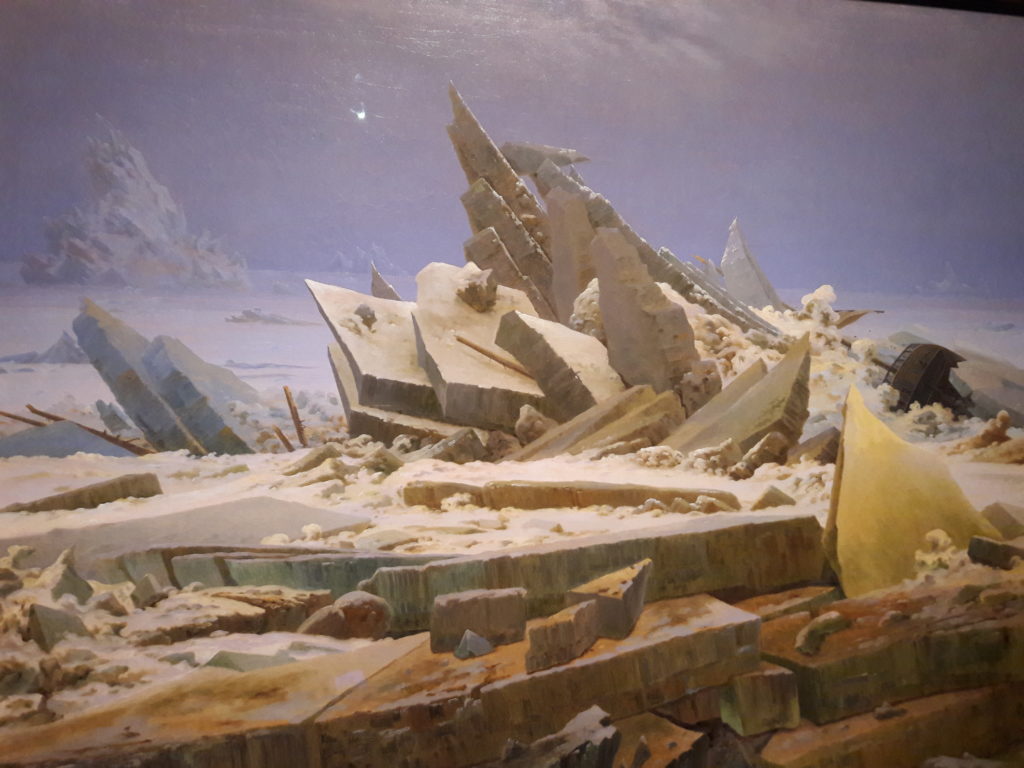
But whether beautiful English roses or the unsettling drones and mighty wind turbines of Hamburg, the paintings of tidal waves or the incredible documentary film on Hurricane Irma, directed by Julius von Bismarck, all vaguely recall a similarly ancient mythological image of nature as a marvelous (if cranky), elusive, and inscrutable creature, which humanity, like an obsessive lover, desperately tries to possess and tame by all means at its disposal, at times successfully, at times with more modest results.
( Translated by Alexander Booth )
